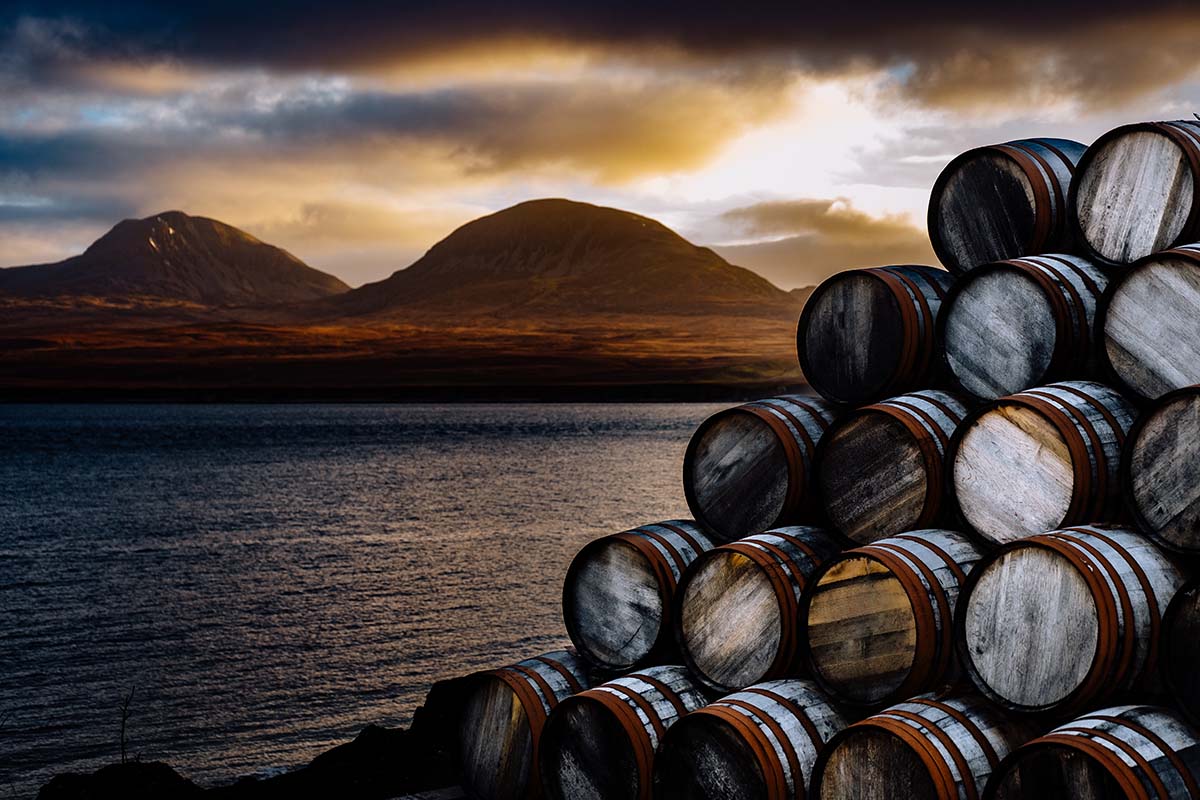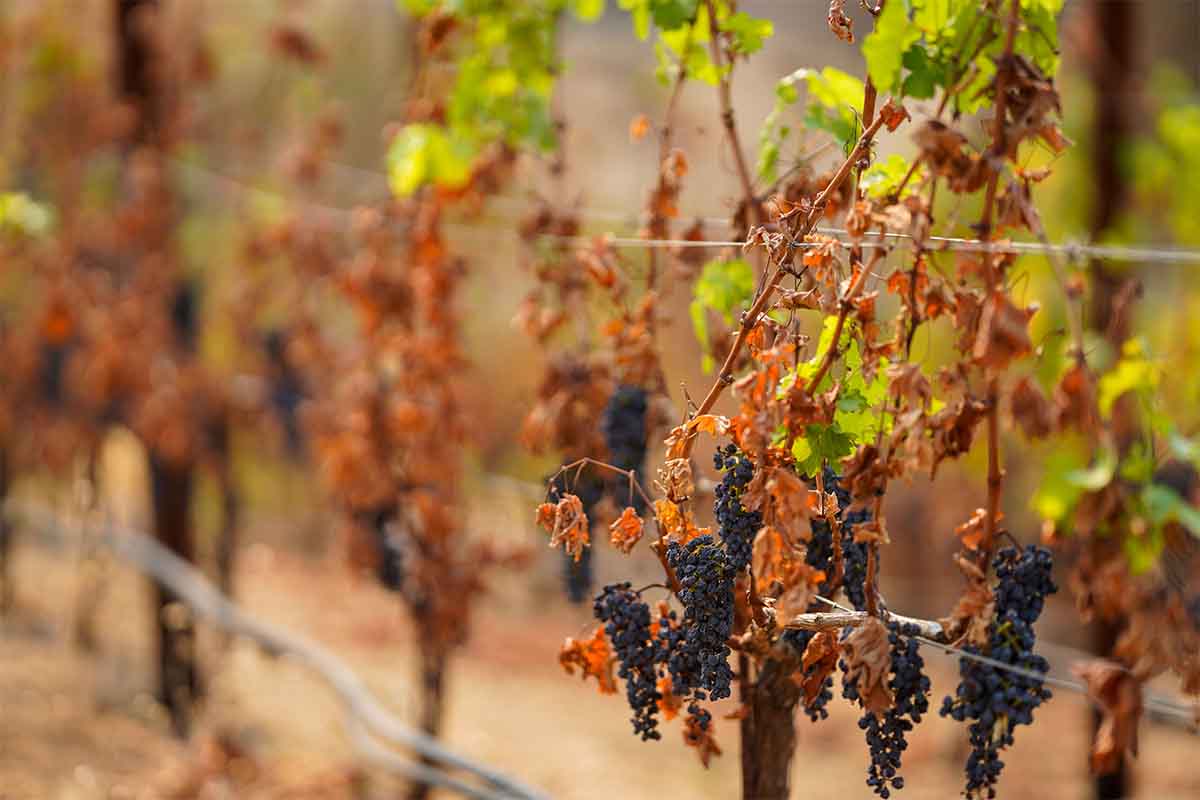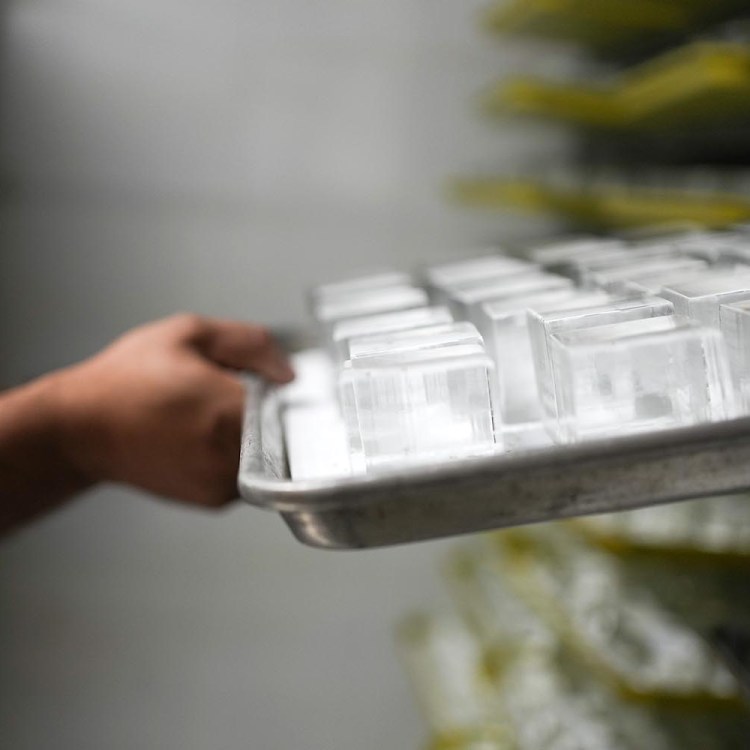Climate change could eventually limit or even put a stop to some Scotch production, according to researchers at University College London.
The report, commissioned by Glengoyne Highland Single Malt Scotch Whisky, claims that increased droughts over the next few decades could lead to a reduced and intermittent water supply which will force some distilleries to “decrease or halt production,” as reported by MyLondon.
The halt in whisky production has precedent; during the summer 2018, droughts caused five of Islay’s 10 distilleries and the Blair Atholl and Edradour distilleries in Perthshire to halt production, according to the report. As well, a reduced yield of spring barley in the future, caused by these increasingly frequent heat waves, could cost the industry up to $37 million annually.
The report assumes an 18% decline in summer rainfall and a two degree Celsius rise in temperature by 2080.
Other potential effects due to warmer temperatures include an increase in invasive species, pests and diseases, along with some changes that could actually change the make-up and flavor of Scotch. As the report notes: “The various stages of Scotch Whisky production, including malting, fermentation, distillation, and maturation, have been developed to suit the temperate maritime climate of Scotland. Warmer air and water temperatures will lead to inefficient cooling in traditional distilleries and create challenges for conserving the character, consistency, and quality of Scotch Whisky.”
“The threat of climate change is very real, and we all have a role to play in combating its effects,” says Barbara Turning, the brand manager at Glengoyne. “We still have so much more to do but we are committed to reducing our own impact on the environment and working with the Scotch Whisky Association (SWA) to achieve their net zero emission target by 2040.”
To that latter point: The SWA fairly recently announced a goal of reaching net-zero emissions in its operations by 2040, which puts its goals ahead of both the Scottish and UK government’s environmental targets. This follows some successful initial industry goals — some launched way back in 2009 — that saw greenhouse gas emissions reduced by a third and waste sent to landfills brought down to 1% (a 75% reduction in five years).
Join America's Fastest Growing Spirits Newsletter THE SPILL. Unlock all the reviews, recipes and revelry — and get 15% off award-winning La Tierra de Acre Mezcal.

















